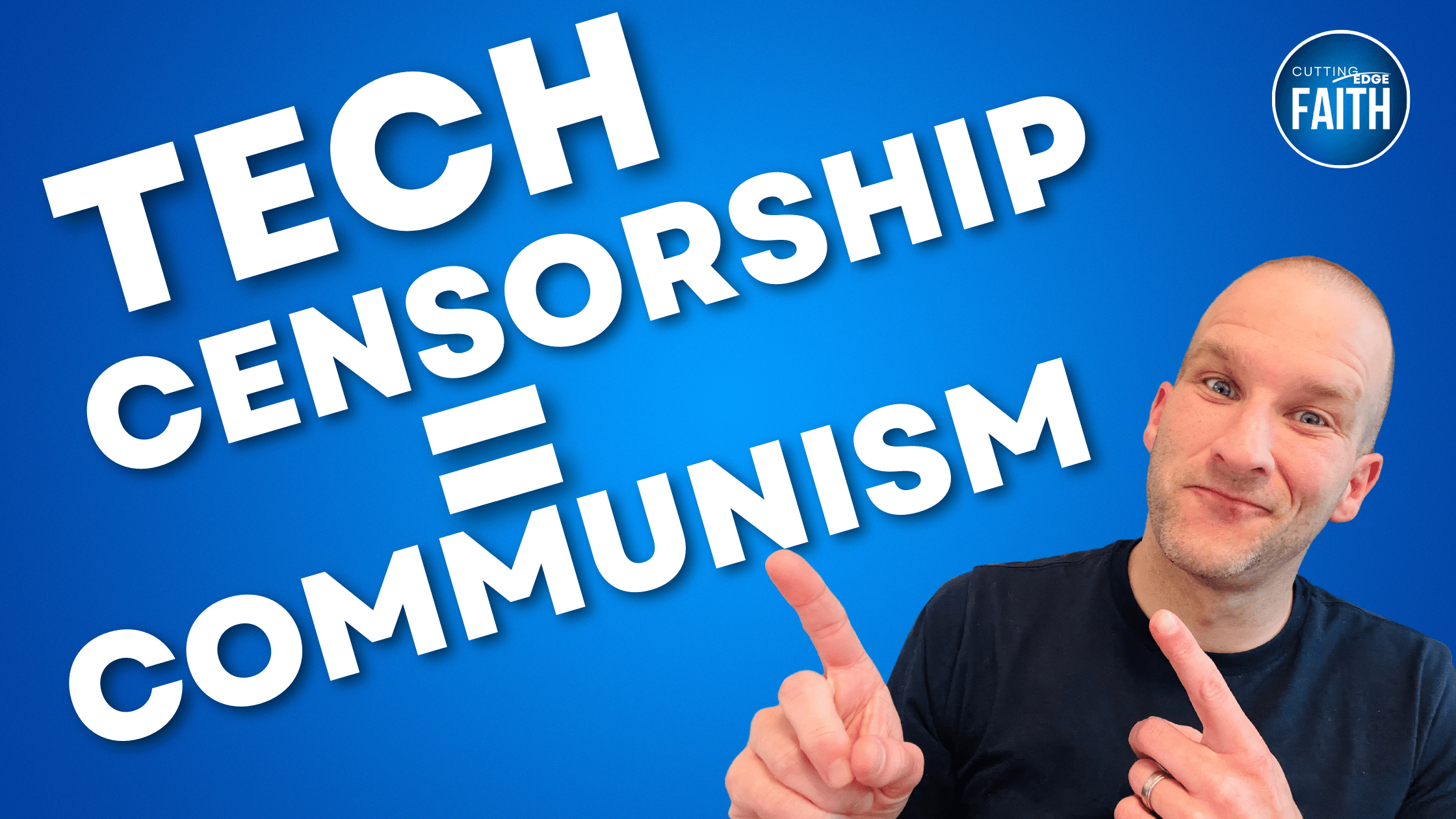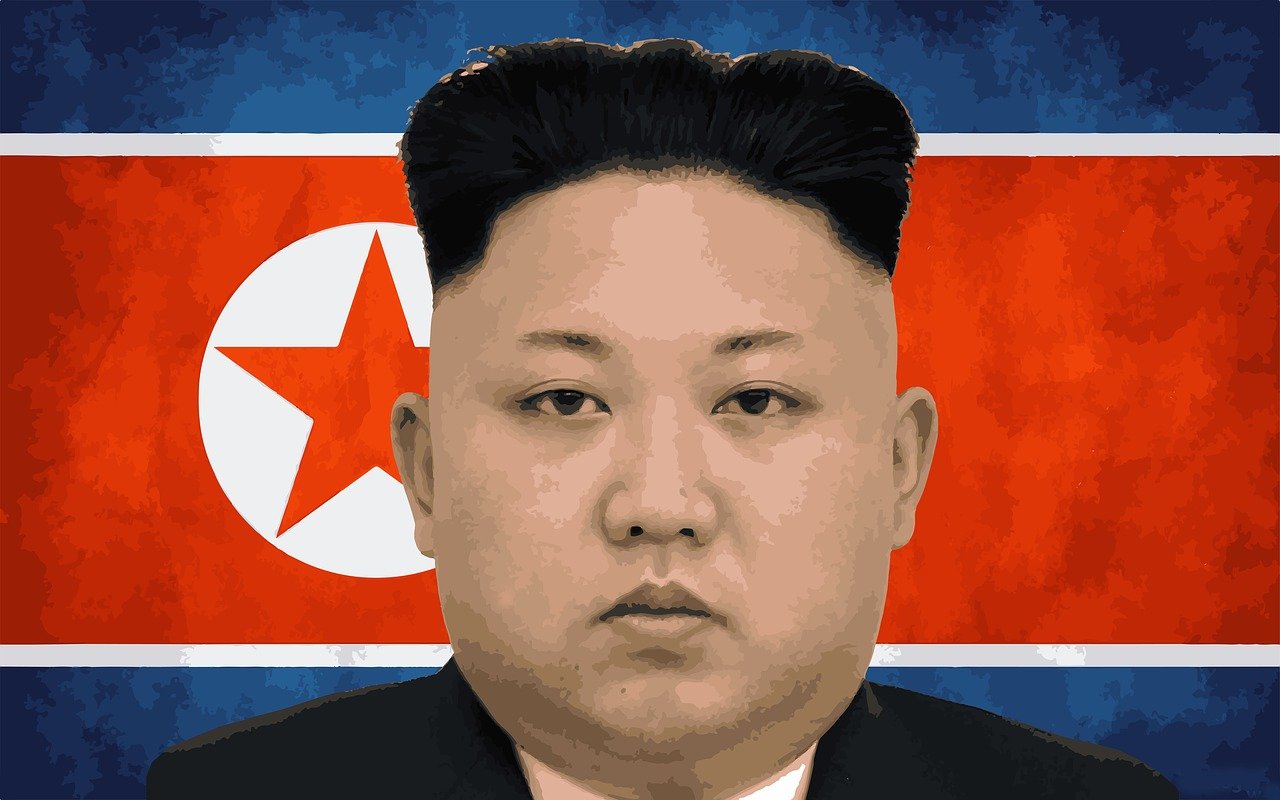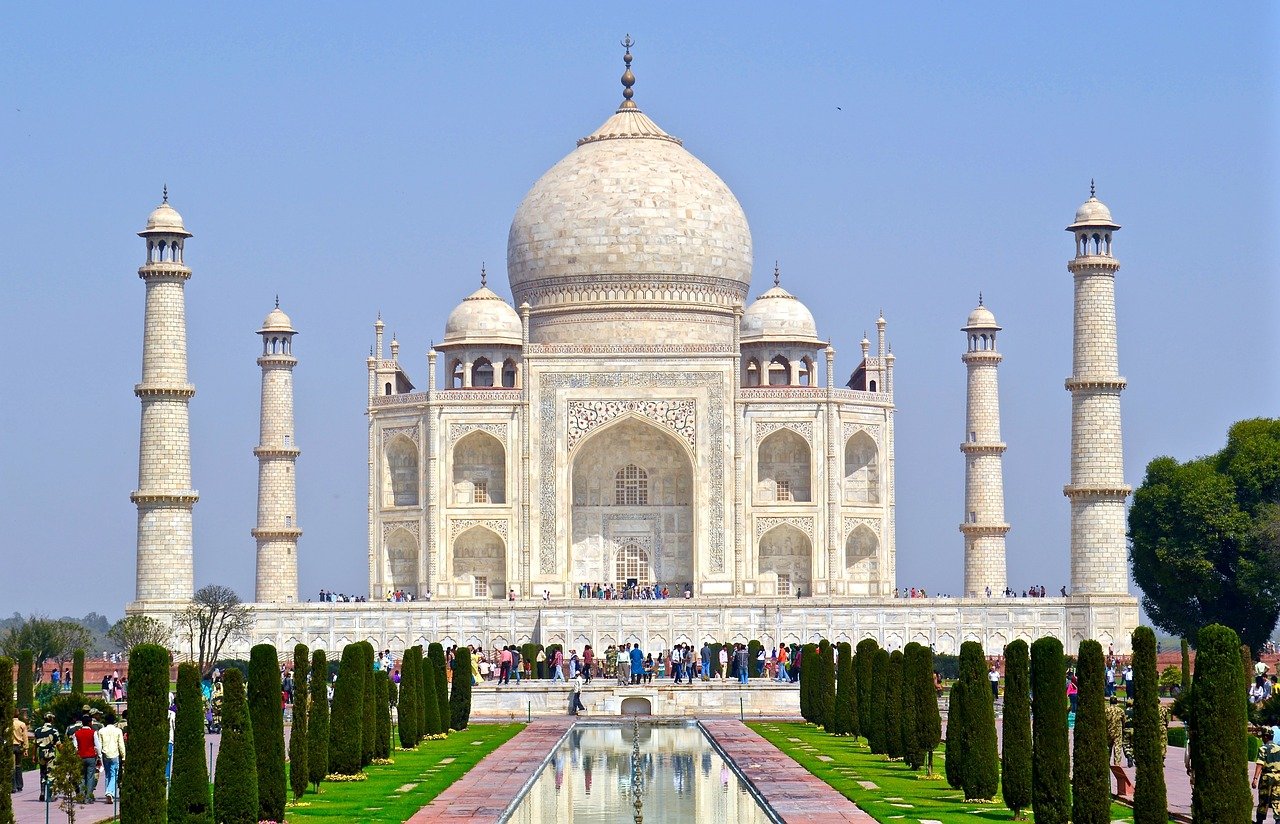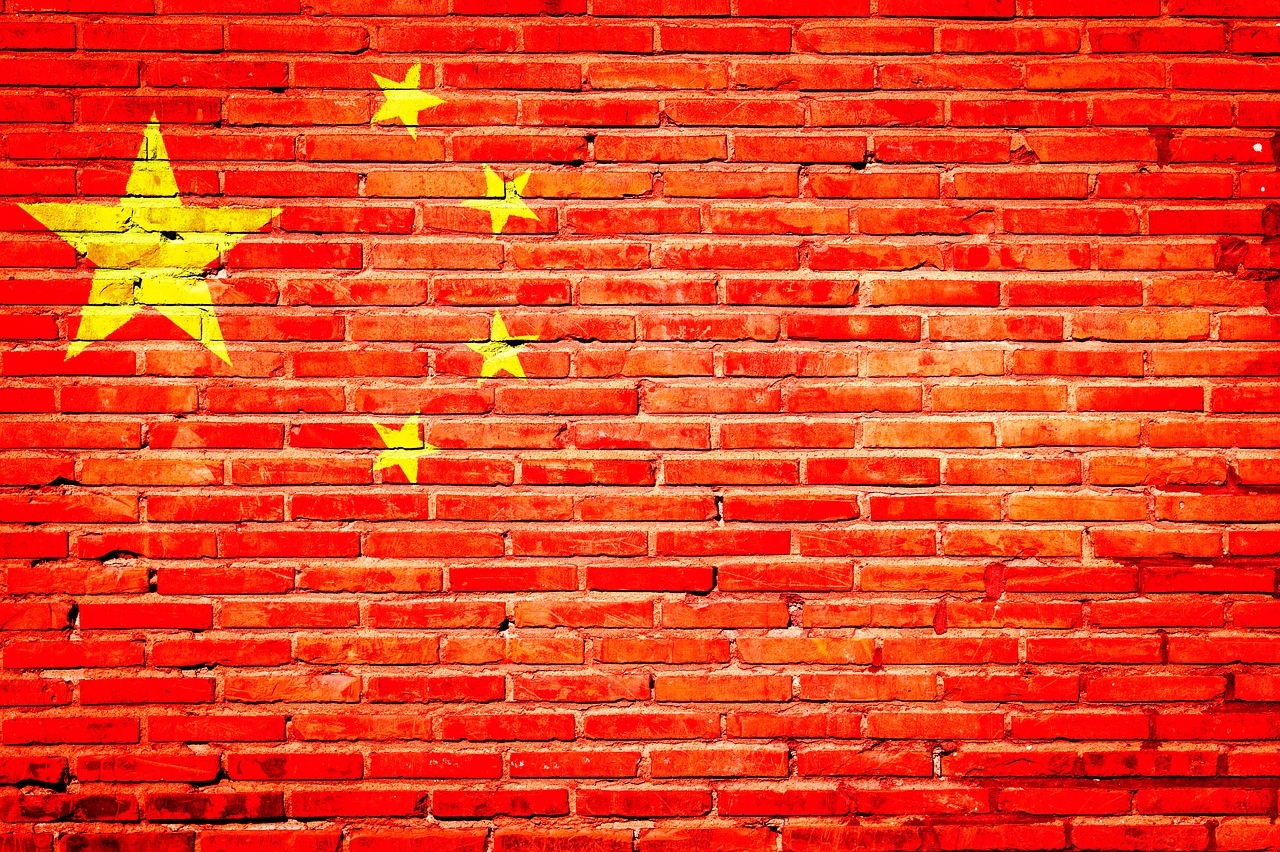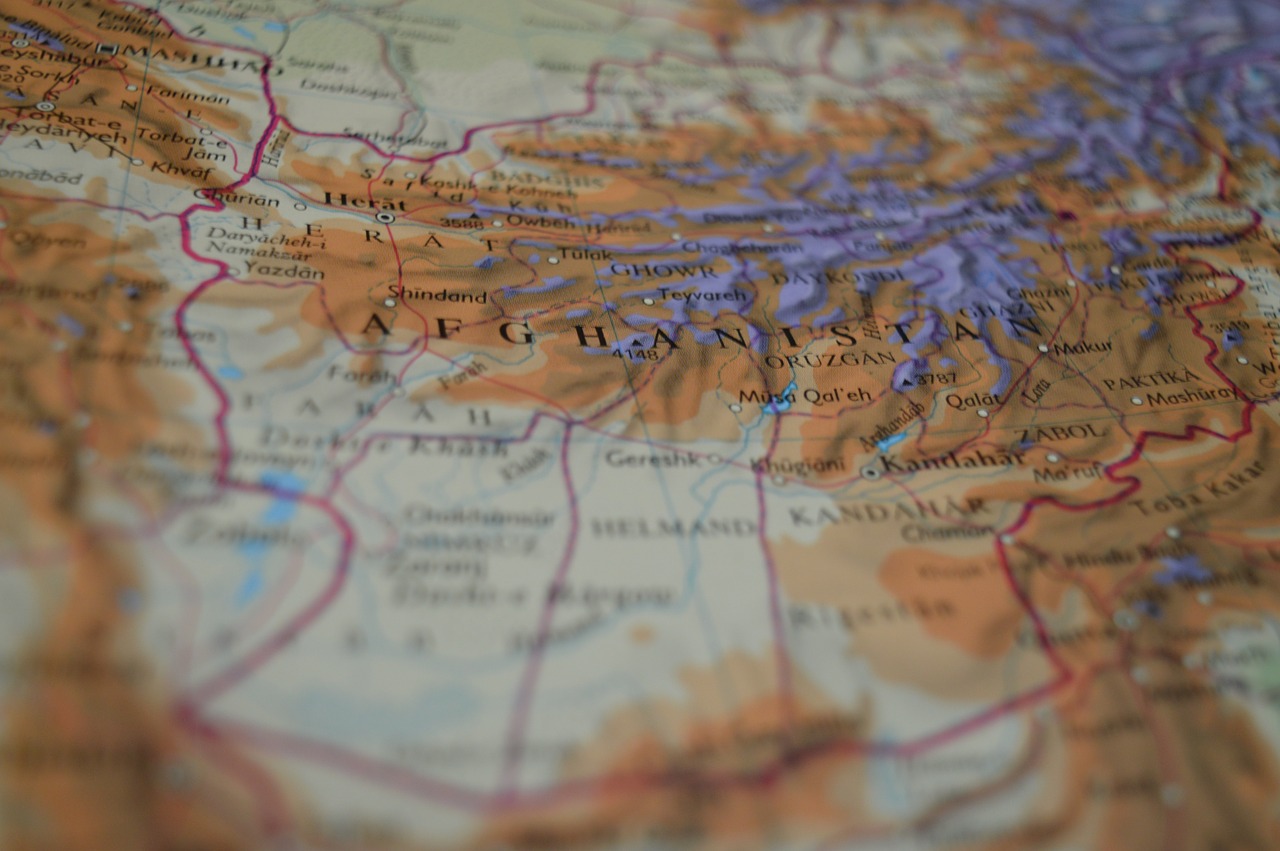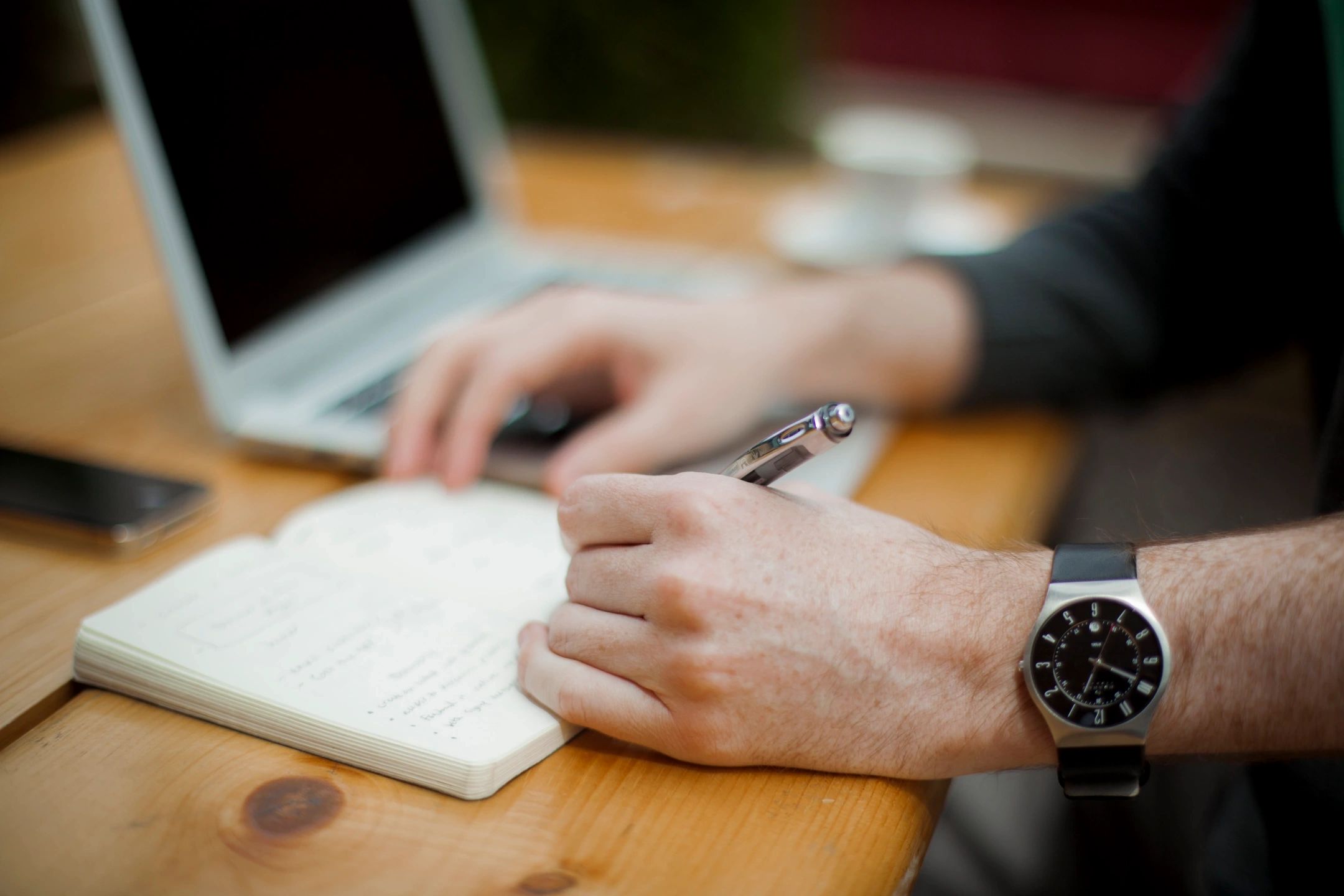Tech censorship is communism. China Does it and we see it happening in the US. We have seen government working together with non-government entities to direct their censorship.
This is exactly what happens in China. In an interview I did with Kay Rubacek, she tells all about the training that every single journalist in China goes through. She explained how they are taught what they can say and what they cannot say. They are all literally turned into the propaganda arm of the Chinese Communist Party, the CCP.
We also have viewpoint discrimination, which is another issue all together. One could argue that since social media companies are private companies (not government entities), they can do what they want. To some degree that is true, however
Another issue is the difference between platform and publisher. A platform is like a stage, where people can come to say what they want. But the stage has no liability for anything that is said, whether it was true, not true, slander or any other issues that come with public speech. This is how social media platforms are supposed to be operating. But instead, we see them operating as publishers.
A publisher has editorial control over the content, like a newspaper, book publisher, magazine, news website, and even podcasts like mine. Publishers choose what gets published and what doesn’t. They have editorial control and along with editorial control comes liability.
Publishers are accountable for everything they publish. That means they can be taken to court to be held legally liable for any false claim, such as slander or libel.
What we see happening today is that the social media companies, who are supposed to be platforms like a stage, are acting like publishers with editorial control. That means the freedom from liability should not exist. They are operating with the best of both worlds: liability protection of a platform and the editorial control of a publisher.
But how can this be?
It is because of the blurred lines in Section 230 of the Communications Act. It is utterly absurd and must be corrected.
Lawmakers continue to stand by while the issue goes on unaddressed. It is not a complicated issue. It is quite simple. Are they a publisher or a platform?
They are clearly acting like publishers, when they talk about censoring speech, especially on behalf of government. When they talk about stopping misinformation, it is no different than the Chinese Communist Party doing the same.
But even if a social media company acts on their own to censor speech, without government influence, they are still acting as an publisher, with editorial control. Which means they should be held legally liable for any missteps.
That means if someone is de-platformed because of supposed mis-information they shared, but the information was later found to be correct, that individual could bring a lawsuit against the social media company for lost earnings, reputation damage, and so on.
One approach that would future proof any new platforms and developments is a Digital Bill of Rights. That would include critical issues today like speech and privacy. Although laws are starting to form, there are massive gaps in the law today that allow companies to exploit people’s private information without their expressed consent.
Today social media companies can remove people, posts and videos simply because they don’t like what they have to say. Twitter removed President Donald Trump while terrorist groups like ISIS continue to have accounts. How insane.
The right legal environment would allow citizens to bring legal action against social media companies who wrongfully de-platformed or de-monetized them.
Today many make their living through monetization via social media platforms. Of course, social media platforms make money when people use their platform. And when influencers bring big followings, it means even more money for the platform.
The time has come. The gig is up. The one-sided legal setup must go.
Platforms must either operate as a platform or be recategorized as publishers and bare the legal consequences.


